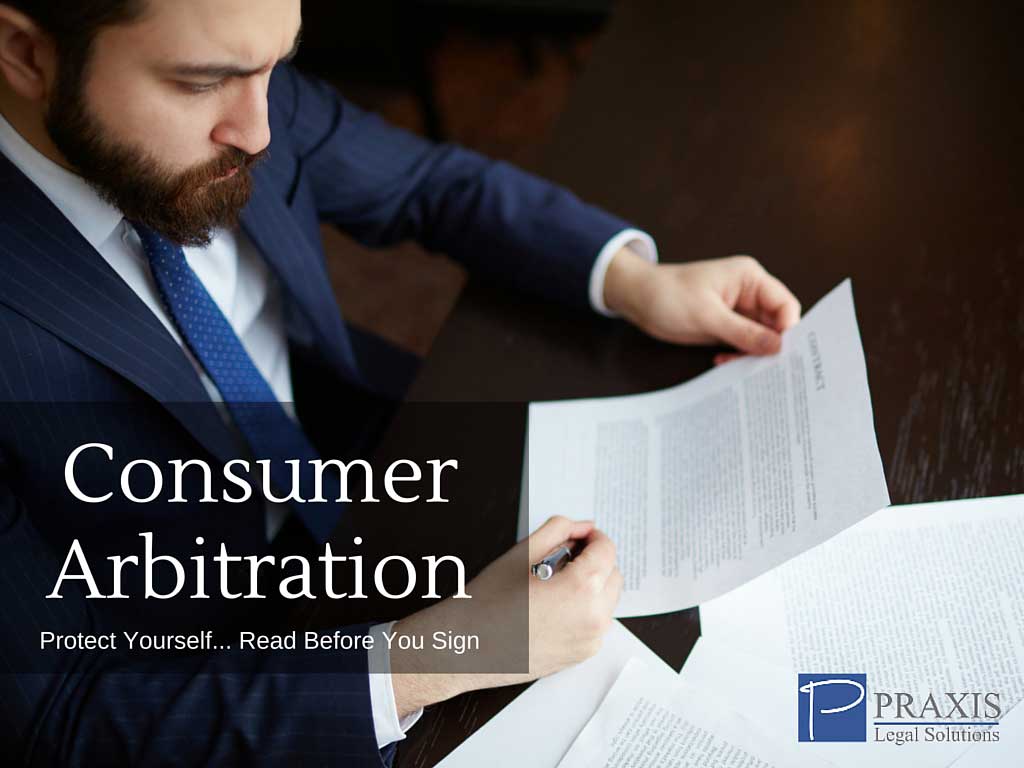Word of Mouth Advertising
Online reviews and blog posts are the 21st century equivalent of word-of-mouth advertising, with one enormous difference. What goes online, (mostly) stays online, more or less forever.
On the plus side, online reviews on Google, Yelp, Facebook, Manta, Foursquare and Angie’s list, not to mention the innumerable blogs that critique everything from national brands to local care repair shops, help businesses find and retain customers. The downside is that one or two exceptionally nasty reviews can do real damage to the reputation of a business.
The First Amendment
The First Amendment affords broad protection to the expression of views and opinions. However, an individual’s First Amendment protections are not absolute, and there are several legal grounds on which a business can make a case for removal of online content.
The first task is to identify the source of the offending material, the “publisher”, and to keep in mind that the publisher, and not the platform on which the review is posted, is the responsible party, and the platform is largely exempt from liability for material posted by others, such as reviews.
The Platforms
All platforms have rules to regulate the content posted to their sites, and that is the first place to which a business should address a content-related complaint. Review those rules, and be specific about the ways in which the offending content violates those rules.
Most platforms prohibit hateful, bullying and harassing material. One or more postings that negatively characterize a business or business owner in terms of race, religion or ethnicity would likely be subject to removal because they are discriminatory or harassing.
Is the Content Defamatory?
Is the content defamatory? “Defamatory” content is a false statement of fact about an individual or business that is capable of belief and that causes actual damage to the business of individual. A statement that “service was terrible” is an opinion, and is not within the legal definition of defamation. On the other hand, a statement that “I was double-billed” or “I was overcharged” are statements that can be proven to be true or false, and is therefore not protected speech.
Does the post infringe on information or content that is the property of the business owner? Information or content can be protected by copyright or trademark laws. Federal registration of copyrights and trademarks gives the owners of those types of intellectual property important procedural rights, including rights to statutory damages without the need to prove actual damages.
A Process for Resolving Complaints
Although a platform may have no liability under law for false or merely unfavorable postings, as a matter of safeguarding the integrity of its own business, it will have in place a process for resolving complaints about offensive content.
Complaints will generally be addressed through an online process. Before you access that process, gather your facts and as much supporting documentation as you can muster. Be accurate and concise in describing your complaint and the relief that you seek.
If you are unsure how to proceed, contact Praxis Legal Solutions today for assistance.







 New Jersey Bans Salary History
New Jersey Bans Salary History Websites, Mobile Apps and the ADA
Websites, Mobile Apps and the ADA Do You Need an Operating Agreement for an LLC?
Do You Need an Operating Agreement for an LLC? Enforcing Confidentiality Agreements
Enforcing Confidentiality Agreements Consumer Arbitration
Consumer Arbitration
Leave a Reply